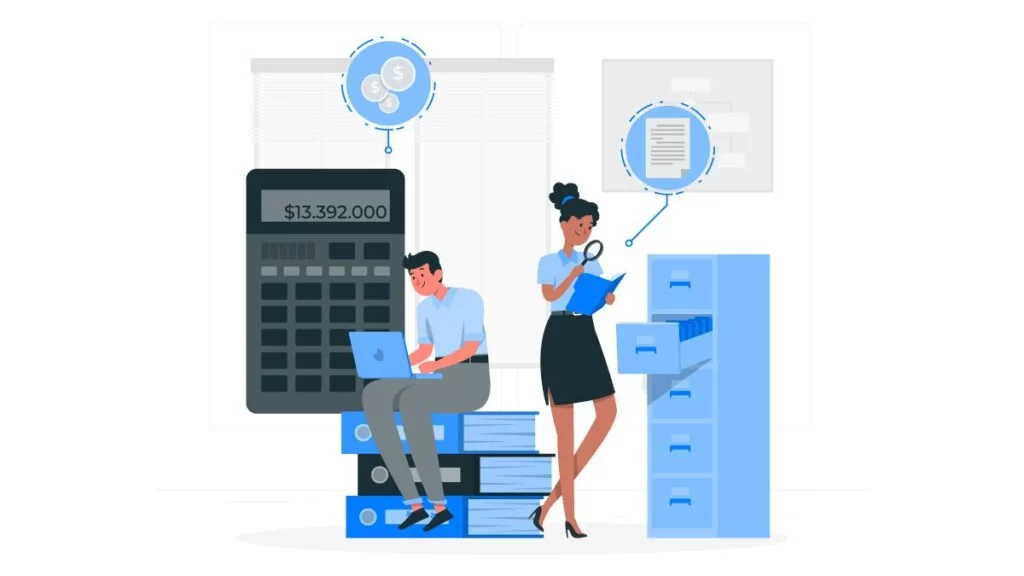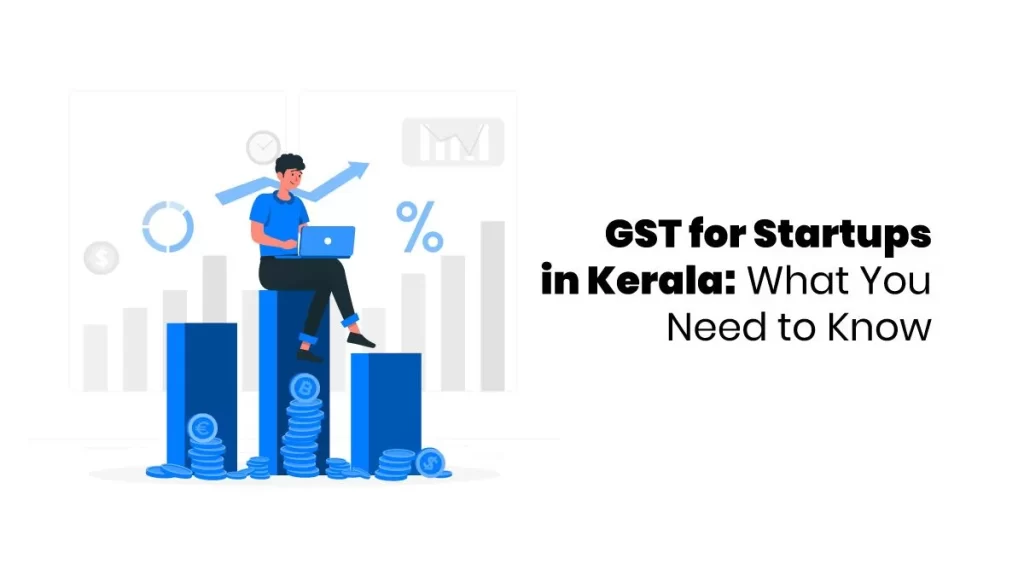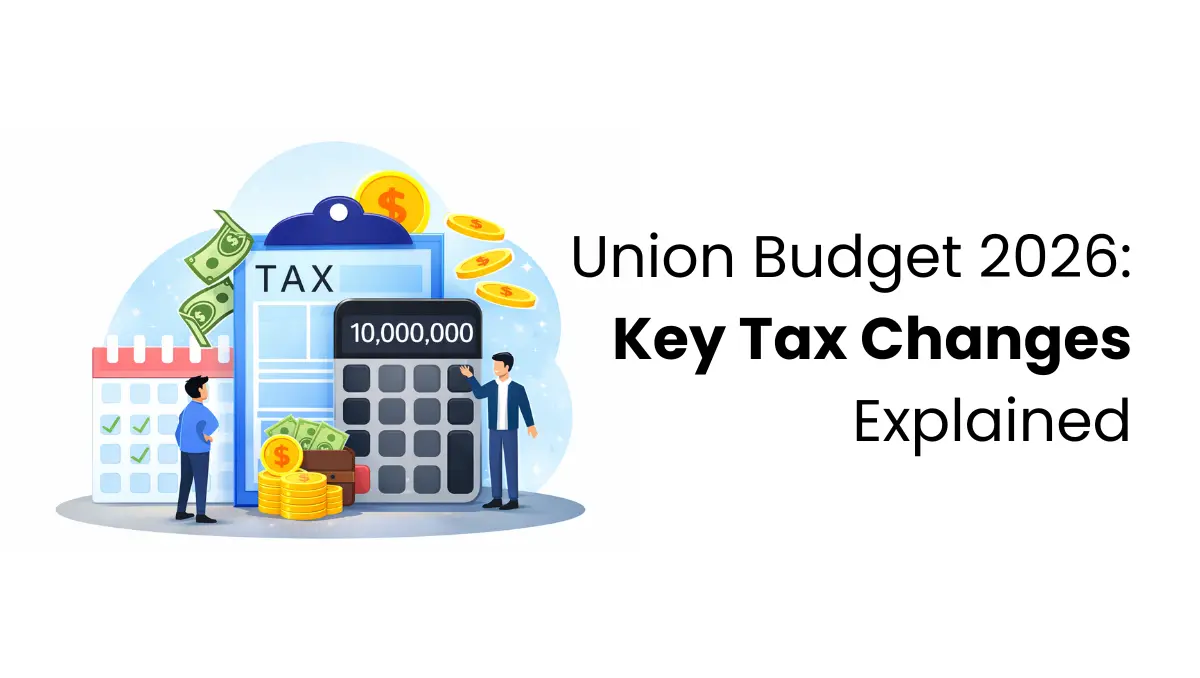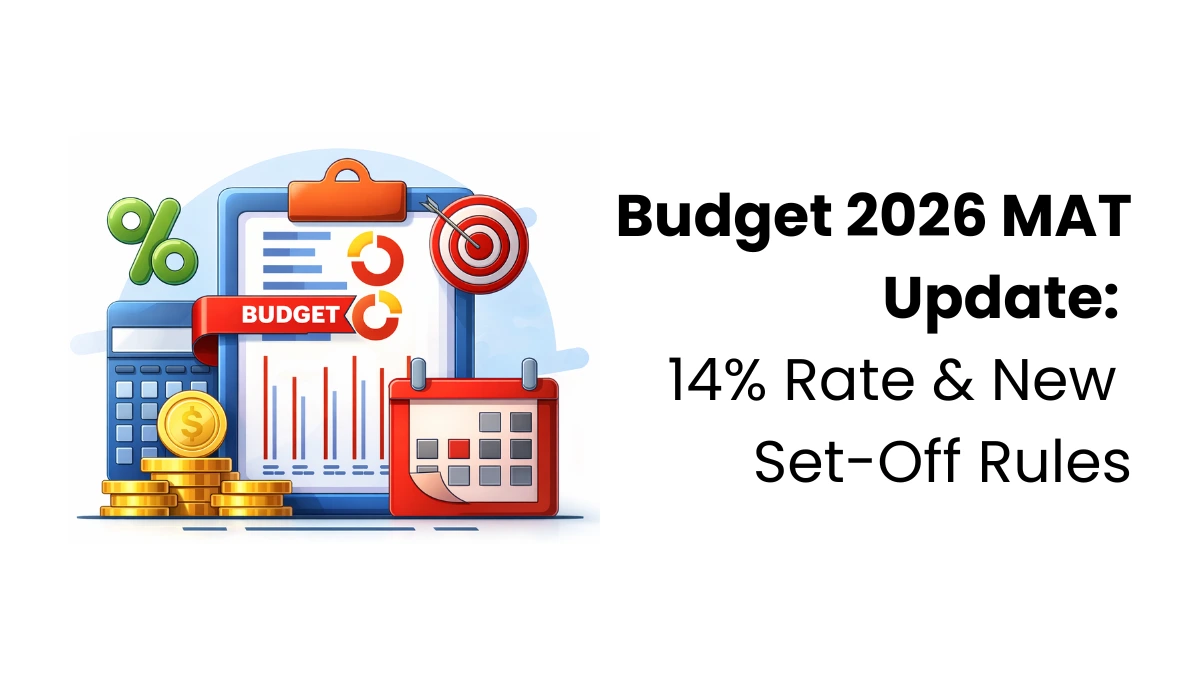The Goods and Services Tax (GST), created to streamline the taxation landscape, unifies various taxes into one comprehensive system. This move towards a ‘One Nation, One Tax’ regime promises significant advantages of GST for startups, particularly in India. An analysis of the influence of GST on startups suggests that they are poised to reap the benefits of this simplified tax structure.
Implementing GST as a unified single tax was necessary to streamline and simplify the complex tax regime, eradicating the cascading effect of multiple taxes. This comprehensive tax system encompasses the taxation of the supply of goods, services, or both, with concurrent jurisdiction shared between the Central and State governments. The primary objective behind the introduction of GST was to rationalise the tax structure, drive operational efficiency, and foster a more business-friendly environment in the country.
GST for Startups in Kerala
For startups operating in Kerala, India, understanding the Goods and Services Tax (GST) framework is essential. GST is a unified tax structure that has replaced indirect taxes, making compliance more straightforward. Here’s what GST for startups in Kerala need to know:
Higher Registration Threshold
Under the current VAT structure, businesses with turnovers exceeding Rs 5 lakh must undergo VAT registration and pay state-specific VAT. However, with the introduction of GST, this threshold has been raised to 20 lakhs, providing relief to numerous small businesses and startups. GST also offers a composition scheme with reduced taxes for small businesses with turnovers ranging from 20 lakhs to 1 crore, although it is optional. This change is expected to alleviate the tax burdens on newly established enterprises.
Tax Credits for Startups
Many startups operate in the service industry and are subject to service tax. With the advent of the GST regime, these startups can offset the VAT paid on purchases, such as office supplies, against the service tax they charge on their sales, a benefit unavailable under the previous tax structure. For instance, if a startup spends 20,000 on office supplies with a 5% VAT and charges a 15% service tax on 50,000 services, it currently pays 7,500 without any deduction for the 1,000 VAT already paid on stationery. Under GST (assuming a rate of 18%).
Simplified Online Procedures with GST
The entire GST strategy, from registration to filing returns and tax payments, is now streamlined and conducted online. This is especially beneficial for startups, eliminating the need to navigate multiple tax offices for registrations under categories such as Excise, VAT, and Service Tax.
Startups often work on tight budgets and need help to allocate extensive resources to manage the complexities of tax compliance associated with Excise, VAT, CST, Service Tax, and others. GST simplifies this process by consolidating these taxes, saving considerable time and effort. Moreover, startups involved in goods and services will find it significantly more convenient to file and pay a single GST tax rather than dealing with both VAT and Service Tax. Additionally, as of the 22nd GST Council meeting on October 6, 2017:
- Businesses with an annual turnover of up to 1.5 crores must submit quarterly returns, and taxes will be paid quarterly.
- Due dates for August and September will be announced separately.
- The transition to the quarterly system will be effective from the October-December 2017 cycle.
This development significantly eases the tax compliance burden, particularly for smaller businesses, offering relief and simplicity in managing their financial obligations.

E-commerce and Online Startups
In the realm of startups, many are tech-savvy and possess a robust online presence. A substantial number of these startups offer goods and services through the Internet. Introducing the Goods and Services Tax (GST) has proven to be a game-changer for them, providing a seamless experience. In the pre-GST era, the complexities of India’s varying state-specific VAT laws posed significant challenges for startups. Navigating through a maze of VAT declarations and delivery truck registration numbers was the norm, with the risk of goods being seized if documents were not produced.
However, GST has emerged as the great equaliser. It extends across the entire nation, eliminating the hassles associated with inter-state movement of goods. The differential treatments and perplexing compliance requirements imposed by individual states, including those classifying these e-commerce giants as facilitators or mediators rather than VAT registrants, have been streamlined under the unified GST framework. With these complexities behind them, e-commerce startups are now reaping the benefits of a more straightforward, harmonised system. The enhanced ease of conducting business across state boundaries is a testament to GST’s impact on the e-commerce sector.
Tax Challenges for Manufacturing Startups
Manufacturing startups face an uphill battle with the implementation of GST. Previously, under the excise laws, only manufacturing businesses with a turnover exceeding Rs 1.50 crore were liable to pay excise taxes. However, with the introduction of GST, this threshold has been significantly reduced to Rs 20 lakh, amplifying the tax burden for many manufacturing startups.
Once GST is fully implemented, most of the current challenges in this sector will become history. India will transform into a unified market, facilitating the unhindered movement of goods and significantly reducing compliance obligations for startups. GST represents a new tax regime already revolutionising the Indian business landscape. While businesses, especially GST for startups, may encounter challenges during the transition to and application of GST, the long-term benefits are expected to outweigh the initial hurdles.
Enrolling in a GST certification course can significantly elevate your proficiency in efficiently managing GST for startups businesses. Finprov, a renowned institute, offers a comprehensive GST certification course that equips learners with an in-depth understanding of GST principles and practices supported by real-world examples. This course is well-suited for a diverse audience, including graduates, Chartered Accountants, company secretaries, finance and tax professionals, and individuals exploring career opportunities.
The GST certification course provided by Finprov encompasses various topics, covering the fundamentals of GST, Input Tax Credit, Composition Scheme, GST return filing, E-way bill, Time of Supply, Place of Supply, Reverse Charge Mechanism, and more. It caters to the learning requirements of graduates and professionals aiming to expand their knowledge in accounting and finance. Choosing Finprov for your GST certification course opens doors to quality education and valuable insights relevant in these domains.










